Welcome to my comprehensive guide on planting essentials. Whether you’re a beginner or an experienced gardener, this guide will provide you with all the necessary information and tools to unlock your green thumb and create a thriving garden.
Gardening at home has become increasingly popular in recent years, and for good reason. Growing your own fruits and vegetables not only saves money, but it also promotes self-sufficiency and minimizes carbon footprints. It can also improve physical and emotional well-being, offering an opportunity for exercise, stress relief, and fresh air. However, starting a home garden can seem daunting, which is why I’ve created this guide to make it easy and accessible to all.
Key Takeaways:
- Starting a home garden is an achievable and rewarding task.
- Gardening at home saves money and promotes self-sufficiency.
- Gardening improves physical and emotional well-being.
The Benefits of Growing Your Own Plants
Growing your own plants offers numerous benefits, both for your wallet and the planet. First of all, having your own garden means that you have control over the plant nutrient you use, which is essential for the health of your plants and, eventually, for your own consumption. You can choose to use organic fertilizers that do not contain harmful chemicals, making your produce healthier and safer than store-bought alternatives. Furthermore, using gardening tools such as hand cultivators, pruning shears, and watering cans helps in creating an optimal environment for plant growth and ensures better yield.
Aside from the financial benefits of growing your own plants, there are also numerous health benefits. Organic produce has higher nutrient content, which is essential to maintaining good health. Additionally, gardening can be a fun and relaxing way to get outside and get some exercise. The physical activity involved in gardening can help burn calories and lower stress levels, which has a positive impact on mental health.
Another benefit of having your own garden is that it helps reduce your carbon footprint on the environment. By growing your produce, you reduce the need for transport, packaging, and storage. This not only saves energy but also reduces greenhouse gases, making it an environmentally friendly choice.
Overall, growing your own plants not only benefits your wallet and health but also contributes to the betterment of the planet. By investing in gardening tools and using organic fertilizers, you can create a sustainable source of fresh, healthy produce for your family.
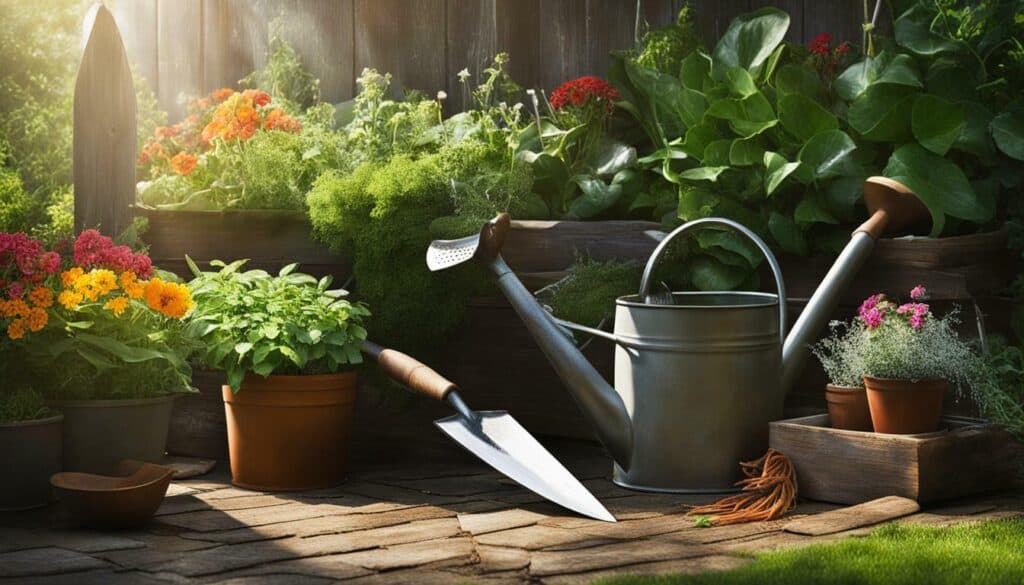
Gardening tools can help you create an optimal environment for plant growth and ensure better yield.
Getting Started: A Fool-Proof Plan
Starting your own garden may seem overwhelming, but with a fool-proof plan, it can be a breeze. Before you start planting, it’s important to assess your garden space. Consider the amount of sunlight and soil conditions to determine the best spots for planting.
For beginners, starting small with easy plants and basic tools is a good approach. Potted plants are ideal for limited space and can be easily moved based on seasonal changes. Once you’ve selected your plants, it’s time to prepare the soil. Use a garden fork or tiller to loosen the soil and add organic matter like compost or aged manure to provide essential nutrients for your plants.
| Garden Layout | Plant Selection | Soil Preparation | Maintenance |
|---|---|---|---|
| Consider the amount of sunlight and soil conditions to determine the best spots for planting. | Start small with easy plants and basic tools. Potted plants are ideal for limited space. | Use a garden fork or tiller to loosen the soil and add organic matter like compost or aged manure. | Check soil moisture regularly and water when necessary. Prune to promote healthy growth. |
Once your plants are in the ground, it’s important to keep up with maintenance. Regular check-ins and pruning promote healthy growth, and companion planting can benefit certain plants. Understanding pests and disease prevention is crucial. Safe pesticides should be used when needed, and organic solutions like companion planting and crop rotation can help prevent issues before they occur.
As you gain confidence in your gardening skills, consider diversifying your garden and continuing to learn through books, courses, and journals. Expanding your garden can be as simple as adding garden accessories like plant supports or watering equipment to improve plant health.
Embracing the gardening community through clubs, online forums, and visiting public gardens can provide inspiration and support. With this fool-proof plan, anyone can embark on a successful gardening journey.

Tips for Easy Gardening
Gardening doesn’t have to be a daunting task. With these simple tips, you’ll find it easy and enjoyable to maintain a thriving garden.
- Understand your garden space: Before you start planting, observe the sunlight and determine which areas receive full sun, partial shade, or full shade. Conduct a soil test to know the type and pH level of your soil. The size of your garden will also dictate what you can grow.
- Start small: Begin with a basic gardening toolkit that includes gloves, a trowel, pruners, and a watering can. Choose easy-to-grow plants like marigolds, sunflowers, or radishes. If space is limited, consider growing plants in pots.
- Learn planting basics: Read plant tags or seed packets for essential information on planting depth, spacing, and light requirements. Water plants wisely, giving deep, infrequent watering rather than shallow, frequent sips. Mulching helps retain moisture, suppress weeds, and improve soil health.
- Tend to your garden regularly: Spend time in your garden daily to spot potential problems early on. Prune plants to promote growth and keep them healthy. Consider companion planting, where certain plants benefit from being grown together.
- Understand pests and problems: Natural predators like ladybugs, birds, and spiders can help control pests. Practice disease prevention by promoting good air circulation, avoiding overhead watering, and keeping the garden clean. Use organic or homemade solutions for pest control.
- Expand your garden: As you gain confidence, introduce different plant varieties to diversify your garden. Continue learning through books, courses, or workshops. Keep a garden journal to track successes, failures, and important learnings.
- Embrace the gardening community: Join local gardening clubs or societies to connect with fellow gardeners and participate in meet-ups, plant swaps, and workshops. Online forums can provide a space to ask questions and share experiences. Visit public gardens for inspiration and to learn about different plant combinations and layouts.
By following these tips, even beginners can enjoy the benefits of gardening and grow their own fruits, vegetables, and flowers. Remember that gardening is a journey, and with time and practice, anyone can develop a green thumb.
Understanding Pests and Problems
Dealing with pests and problems in the garden is a common challenge, but with the right knowledge and approach, you can overcome them organically. Understanding the different types of pests and diseases that can affect your plants is the first step in preventing and addressing issues.
One source suggests that the high cost of organic produce is a significant reason to grow fruits and vegetables at home. By using natural methods for pest and disease control, you can reduce your reliance on expensive chemical pesticides and herbicides.
When getting started, it’s important to plan your garden layout carefully, choose the right soil, and select appropriate plants. Another source highlights the benefits of home gardening, such as saving money on groceries and reducing your carbon footprint. These benefits make it all the more important to understand pests and problems and find natural, effective solutions.
Beginner’s tips include understanding your garden space, starting small, and learning about pests and problems. Natural predators, disease prevention, and safe pesticides are all helpful tools for addressing pest issues. Additionally, joining gardening clubs and online forums can provide further learning and community engagement.
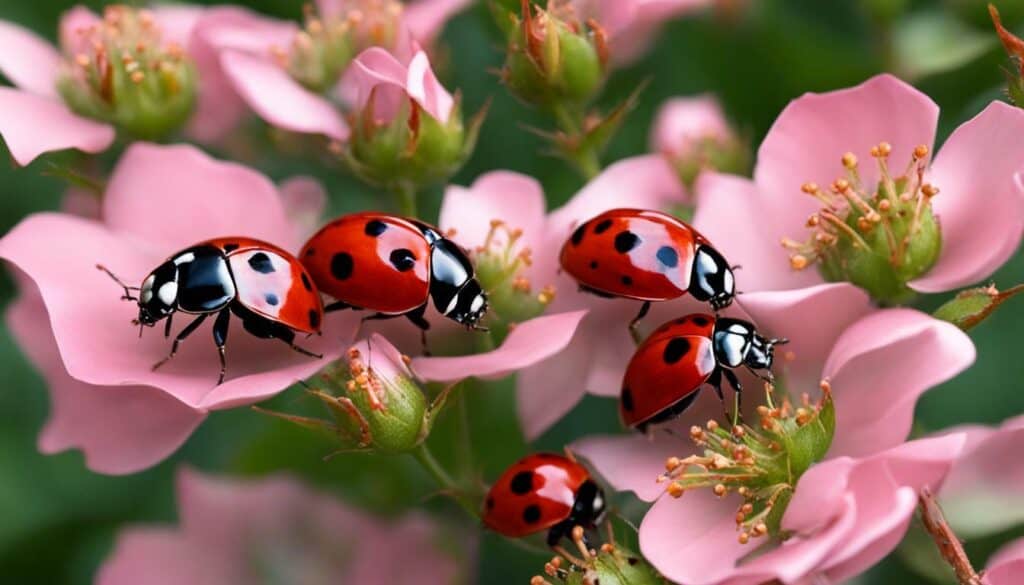
Organic pest control is an effective way to keep your plants healthy without harming the environment. By using natural methods, you can maintain a balanced ecosystem in your garden and avoid the harmful effects of chemicals. It’s essential to identify the problem before choosing a solution, as different pests and diseases require different treatments.
Overall, understanding pests and problems is crucial for maintaining a healthy garden and achieving successful outcomes. By staying informed, using natural methods, and seeking community support, you can overcome any gardening challenge and enjoy the rewards of fresh, homegrown produce.
Expanding Your Garden and Improving Skills
Once you’ve mastered the basics, it’s time to expand your garden and enhance your gardening skills. This can be done through the use of garden accessories, plant supports, and watering equipment. These tools can help make gardening easier and more efficient.
Plant supports, such as stakes, cages, and trellises, are essential for plants that need extra support and stability. These supports can prevent plants from drooping or breaking, which can lead to unhealthy growth and reduced yields. Garden accessories such as gloves, hats, and knee pads can also make gardening more comfortable and enjoyable.
Watering equipment such as hoses, sprinklers, and watering cans can help ensure that your plants receive the proper amount of water. This is especially important during dry spells or in hot weather when plants need more water to grow and thrive.
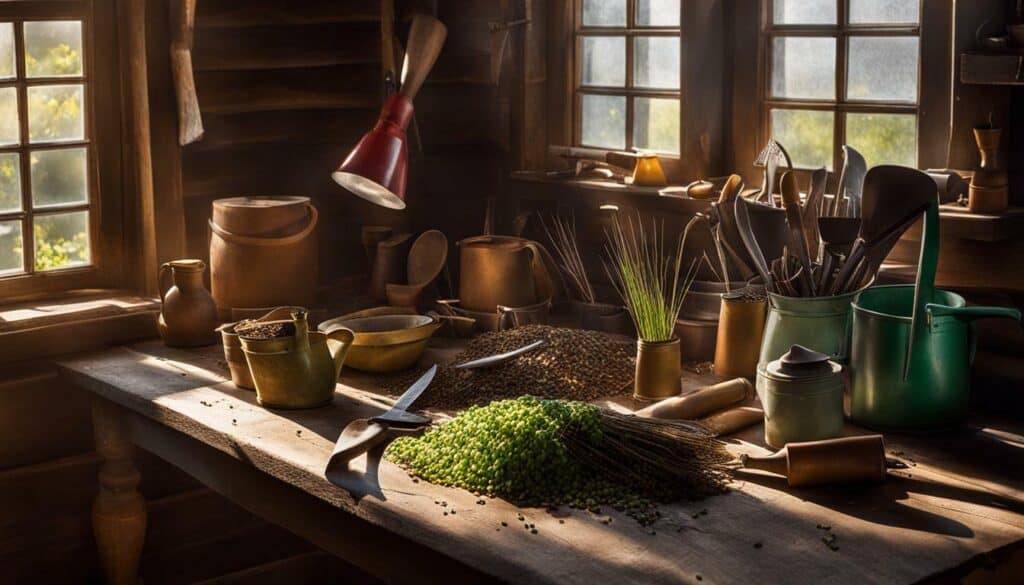
As your garden grows, you may want to experiment with new plants and techniques. Consider trying different varieties of vegetables or adding herbs or flowers to your garden. You can also explore different gardening methods such as raised beds, container gardening, or vertical gardening.
Continuing to learn and improve your gardening skills is key to success. Attend gardening workshops, watch online tutorials, or read gardening books to gain new knowledge and techniques. You can also visit public gardens or join gardening clubs or forums to connect with other gardeners and share ideas and tips.
Expanding your garden and improving your gardening skills can be a fulfilling and rewarding experience. With the right tools, dedication, and passion for growing fresh, healthy produce, you can enjoy the benefits of gardening for years to come.
Continuing Education and Inspiration
The world of gardening is constantly evolving, and there’s always more to learn. By seeking out educational resources and connecting with fellow gardeners, you can continuously improve your skills.
Books are a great way to gain knowledge and inspiration. “The Vegetable Gardener’s Bible” by Edward C. Smith is a comprehensive guide for organic gardening beginners, covering topics from soil preparation techniques to plant nutrient requirements. “The Flower Gardener’s Bible” by Lewis Hill is an easy-to-follow book that teaches the basics of flower gardening and helps you create a beautiful garden.
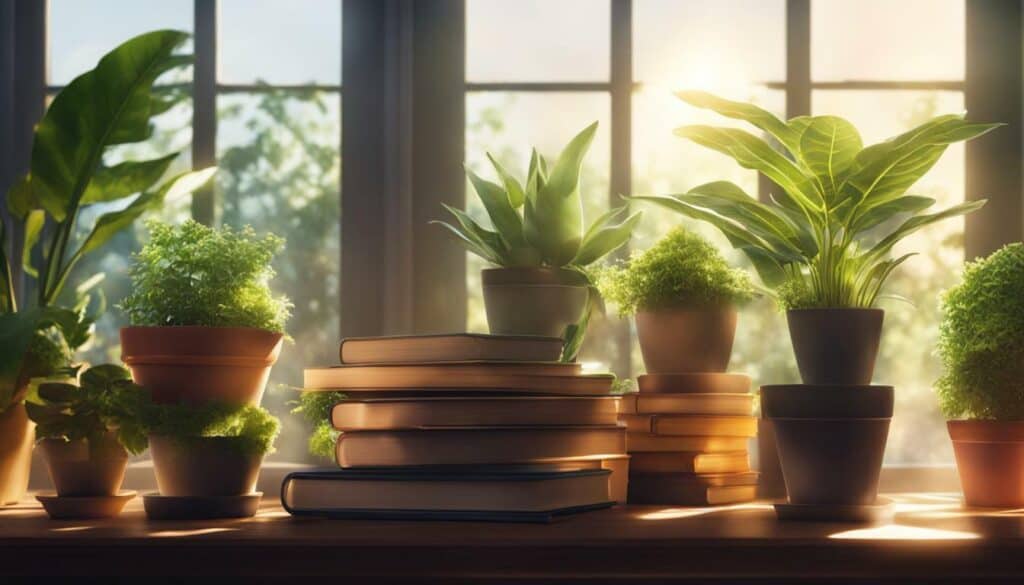
Online courses and workshops can provide additional guidance and support. For example, the Online Gardening School offers a wide range of courses, from beginner to advanced, covering topics such as raised bed gardening, organic pest control, and pruning. Workshops are also a great way to learn new skills and connect with other gardeners.
Joining a gardening club or community is another great way to connect with other enthusiasts and gain inspiration. The National Garden Club is a great resource for finding local clubs and organizations. You can also check out online forums such as GardenWeb, where you can connect with other gardeners and exchange tips and advice.
By continuing your education and connecting with other gardeners, you can unlock your full gardening potential and grow a beautiful, healthy garden.
Joining Gardening Clubs and Community
Gardening is not just a solitary activity – it’s a wonderful opportunity to connect with others who share your passion. Joining gardening clubs and community can provide the necessary guidance and support to help you navigate through the process of starting your own garden. By meeting with experienced gardeners, you can gain valuable insight into plant care and cultivation techniques, as well as learn about the best gardening tools and supplies.
Gardening clubs often host meet-ups, workshops, and plant swaps, which offer opportunities to learn from experienced gardeners, exchange ideas, and get inspired. Additionally, online forums and websites dedicated to gardening, such as Ezyardwork.com, can provide a platform to connect with fellow gardeners and seek advice.
Visiting public gardens can also offer inspiration and help you explore different plant combinations and layouts. You can gain new ideas, learn about plants that grow well in your area, and see firsthand how other gardeners have designed their gardens.
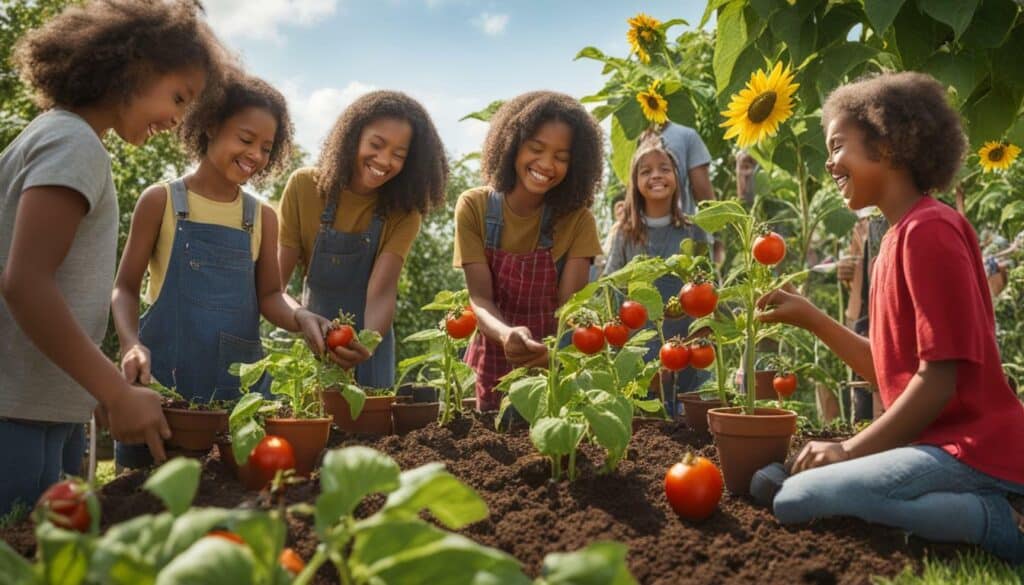
By joining gardening clubs and community, you can expand your knowledge, gain confidence, and become part of a friendly and supportive network of like-minded individuals. Gardening can be a rewarding and fulfilling experience, but it’s even better when you can share it with others who understand your passion. So, if you’re looking to enhance your gardening skills and connect with fellow gardeners, consider joining a gardening club or community today.
Conclusion
Congratulations on completing the Planting Essentials Guide! You now have the knowledge and tools to unlock your green thumb and embark on a rewarding journey of growing your own plants. Gardening at home provides numerous benefits, including saving money, becoming more self-sufficient, and reducing your carbon footprint. By properly planning your garden layout, selecting the right location and soil, and choosing the appropriate plants, you can establish a successful home garden. Remember to maintain your garden through regular watering, weeding, pruning, and fertilizing.
Furthermore, gardening is a continuous learning experience, and there are resources available, such as books, courses, and online forums, to further enhance your skills. Joining a gardening club or community can also provide support and inspiration from like-minded individuals. By embracing the gardening community, you can connect with fellow gardeners and visit public gardens for further inspiration. So, embark on this green thumb adventure and enjoy the joy of cultivating your own plants, fruits, and vegetables right at home.
What Are the Essential Steps for Planting and Growing Plants?
To ensure successful growth, following these essential steps for planting and growing plants is crucial. Begin by choosing the right location that provides adequate sunlight and proper soil drainage. Prepare the soil by removing weeds and adding compost or fertilizers. While planting, maintain appropriate spacing and gently water the plants. Regularly monitor and address any pest or disease issues. Finally, nurture your plants with proper watering, pruning, and fertilizing techniques. These planting tips will help your plants thrive and flourish.
FAQ
Q: What is Unlock Your Green Thumb: Planting Essentials Guide?
A: Unlock Your Green Thumb: Planting Essentials Guide is a comprehensive guide that provides beginners with the necessary information and tools to start their own organic home garden.
Q: What are the benefits of growing your own plants?
A: Growing your own plants offers cost savings, health benefits, and positive environmental impact. It allows you to have fresh, organic fruits and vegetables at a fraction of the cost, promotes healthier eating habits, and reduces reliance on commercially grown produce that may contain harmful pesticides and chemicals.
Q: How do I get started with my own garden?
A: The guide provides a fool-proof plan to get started in 21 days. It covers essential topics such as garden layout, plant selection, soil preparation, and maintenance to ensure that beginners have a solid foundation for their garden.
Q: What are some tips for easy gardening?
A: To make gardening easier, start small, choose easy plants, and regularly tend to your garden. Additionally, you can follow tips on weeding and avoiding chemical pesticides to maintain a healthy and thriving garden.
Q: How can I control pests in my garden organically?
A: Understanding pests and problems in your garden is important for effective pest control. The guide provides solutions for organic pest control and encourages readers to be proactive in preventing and addressing issues in an organic and sustainable way.
Q: How can I expand my garden and improve my gardening skills?
A: The guide suggests expanding your garden over time and continuing to learn and improve gardening skills. You can use garden accessories, plant supports, and watering equipment to enhance your garden and make it more efficient.
Q: Where can I find additional resources for gardening education and inspiration?
A: There are various resources available, including books, courses, and workshops, that can help you continue your gardening education and provide inspiration to enhance your gardening skills. Staying up-to-date with the latest techniques will help you achieve better results in your garden.
Q: Why is it important to join gardening clubs and connect with the gardening community?
A: Joining gardening clubs and connecting with the gardening community can provide invaluable support and inspiration. It allows you to learn from experienced gardeners, exchange ideas, and share experiences, creating a network of like-minded individuals who can offer advice and encouragement.
Source Links
- https://uyirorganic.farm/gardening-at-home/
- https://ezyardwork.com/garden-basics/the-beginners-guide-to-gardening-cultivating-your-green-thumb/
- https://www.amazon.com/Organic-Gardening-unlock-green-thumb/dp/B08CP93DCZ
- https://www.amazon.com/Secrets-Green-Thumb-Plant-Produce/dp/B09K218GRS
- https://flyingtiger.com/blogs/news/green-thumb
- https://bonnieplants.com/blogs/garden-fundamentals/why-grow-your-own-vegetables-and-herbs
- https://urbanrootsgardenmarket.ca/the-top-5-benefits-of-growing-your-own-vegetables/
- https://extension.illinois.edu/blogs/ilriverhort/2020-08-03-grow-your-own-vegetables-benefit-your-health-and-environment
- https://www.thespruce.com/how-to-start-a-garden-from-scratch-2132778
- https://www.gardenbetty.com/the-no-brainer-guide-to-starting-seeds-indoors/
- https://www.amazon.com/Foolproof-Planting-Successfully-Propagate-Vegetables/dp/0878578765
- https://www.almanac.com/vegetable-gardening-for-beginners
- https://www.bhg.com/gardening/yard/garden-care/gardening-tips-for-every-gardener/
- https://miraclegro.com/en-us/gardening-101/10-top-gardening-tips-for-beginners.html
- https://pestech.com/blog/garden-pest-prevention/
- https://kidsgardening.org/resources/gardening-basics-dealing-with-garden-pests-and-diseases/
- https://cms.ctahr.hawaii.edu/epp/Education/Study-Guide-Packets/APC-Core/APC-Unit1
- https://gardenseason.com/gardening-skills/
- https://ece.emory.edu/areas-of-study/art-home-garden/
- https://www.nytimes.com/wirecutter/gifts/best-plant-gifts/
- https://www.phipps.conservatory.org/classes-and-programs/for-adults
- https://www.gardenclub.org/how-join-club
- https://www.gardeningknowhow.com/special/urban/starting-a-garden-club.htm
- https://www.gardeningknowhow.com/garden-how-to/lifestyle/gardening-clubs.htm
- https://msutreehugger.weebly.com/chapter-v-conclusions-and-recommendations.html
- https://www.c82.net/twining/conclusion/
- https://www.ctahr.hawaii.edu/oc/freepubs/pdf/pnm3.pdf

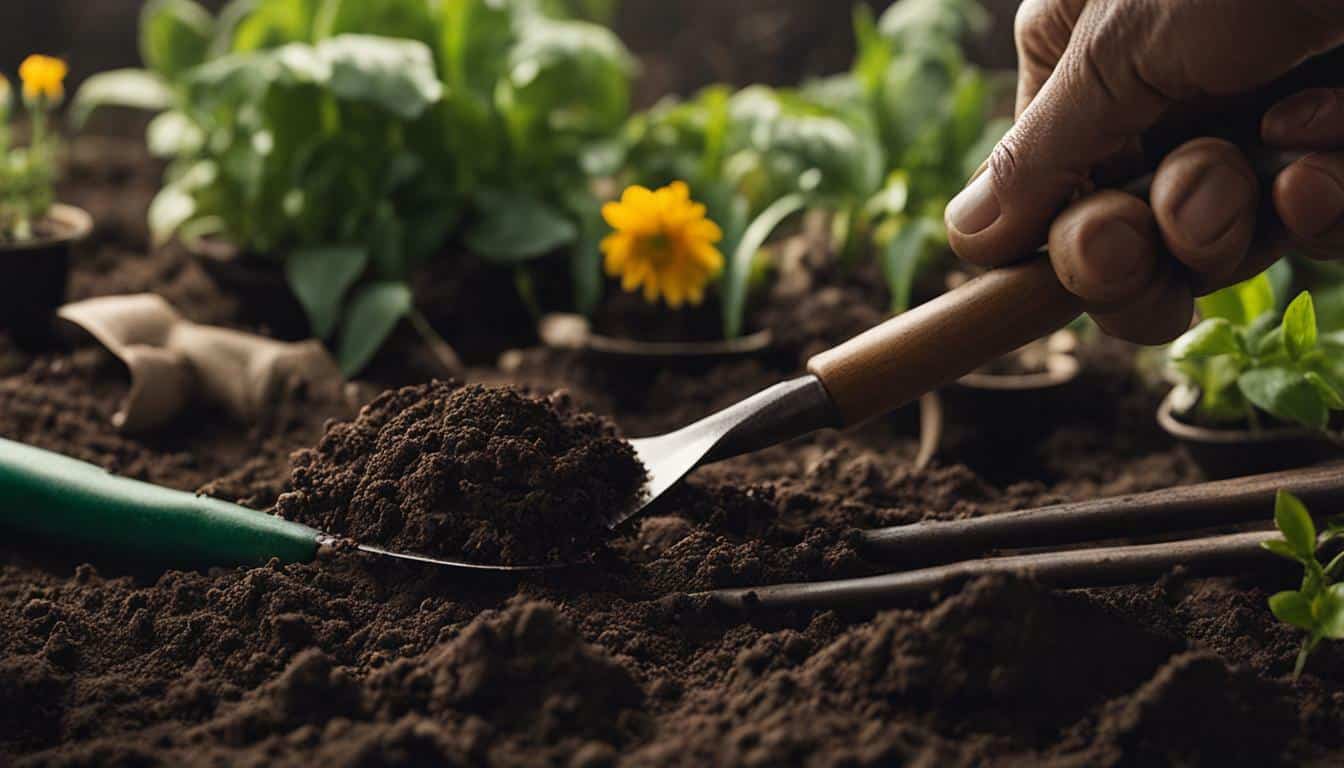
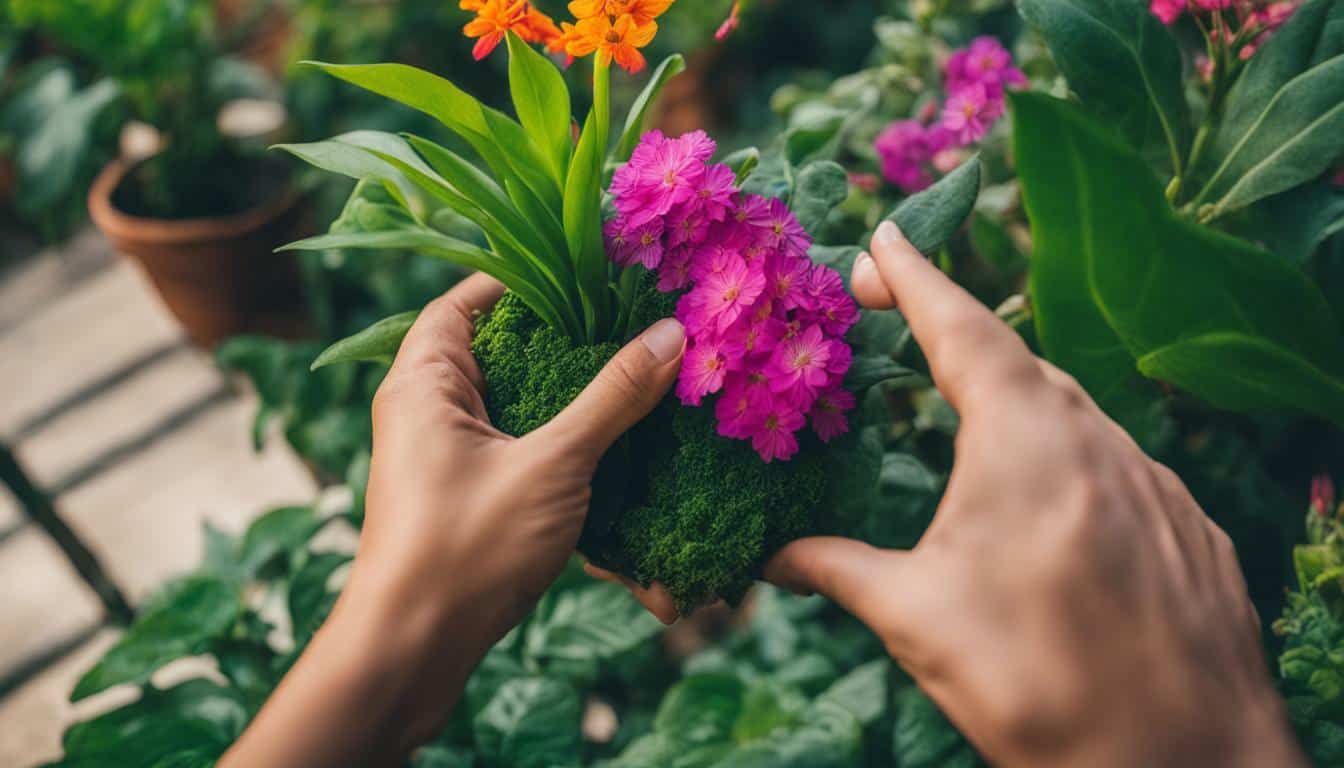
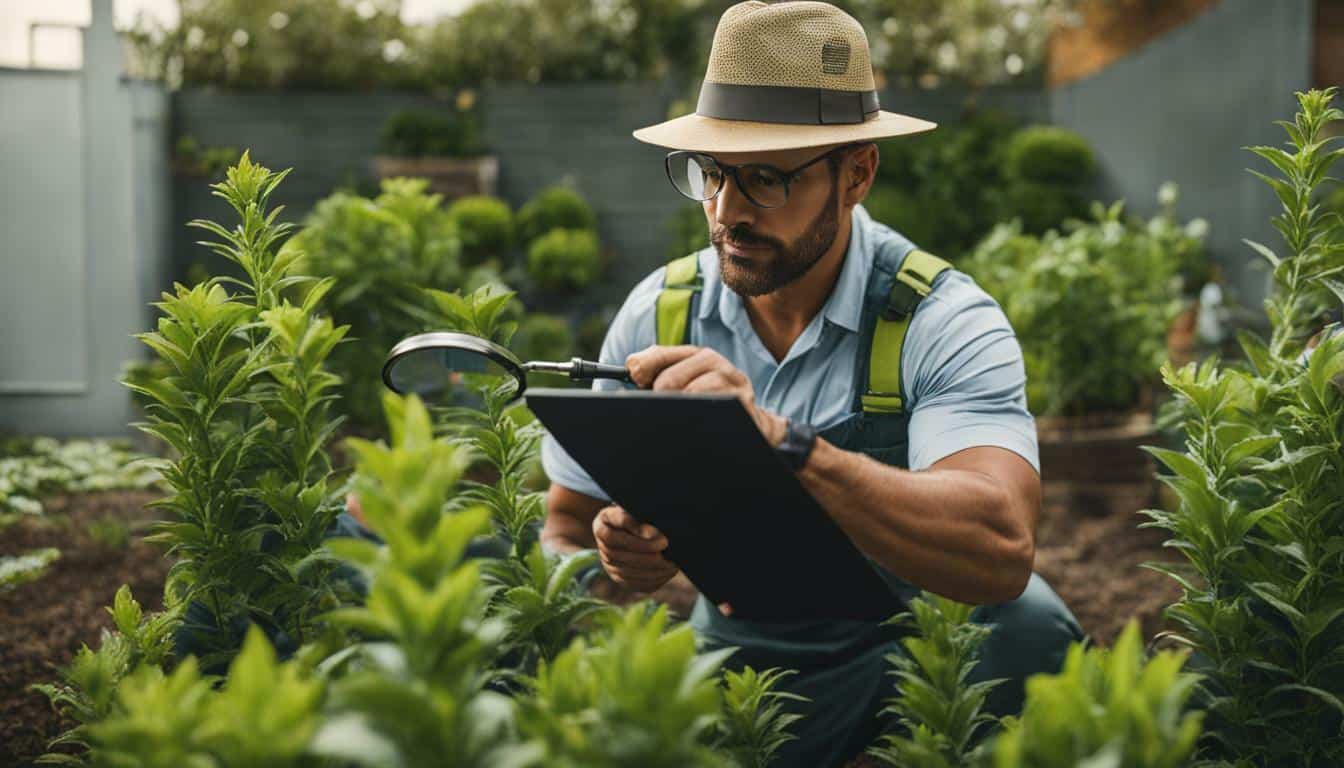

Leave a Reply